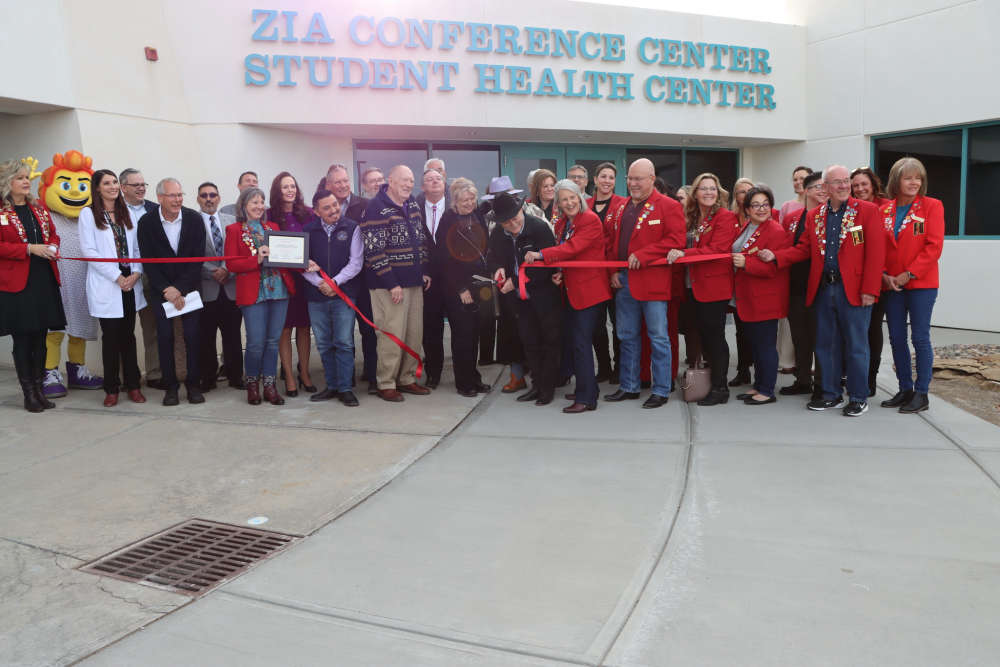
The following steps have been taken to ensure and limit the spread of the virus. All outgoing movement of puppies has been halted for the next 10-14 days. No puppies 6 months of age or younger will be released from the shelter. There will be no adoptions. FRAS will not be sending puppies to foster homes FRAS will not be sending any puppies on transfers to other organizations. All transfer partners have been notified. Several cleaning protocols are being implemented to ensure disinfection; all equipment and surfaces are being disinfected using best practice standards and medical sheets
From the City of Farmington:
The Farmington Regional Animal Shelter (FRAS) has recently discovered that several puppies housed at the shelter have tested positive for the Parvovirus. Staff has traced the likely exposure to a group of puppies that were surrendered at the shelter. The following steps have been taken to ensure and limit the spread of the virus.
- All outgoing movement of puppies has been halted for the next 10-14 days.
- No puppies 6 months of age or younger will be released from the shelter. There will be no adoptions.
- FRAS will not be sending puppies to foster homes
- FRAS will not be sending any puppies on transfers to other organizations. All transfer partners have been notified.
- Several cleaning protocols are being implemented to ensure disinfection; all equipment and surfaces are being disinfected using best practice standards and medical sheets are hanging on all kennels to assist with monitoring animal health.
- Puppies are quarantined and being tested immediately if any signs of parvo develop.
Parvovirus is a virus that usually attacks the canine intestinal tract. The virus is one of the most resistant known; it is able to withstand heat, cold, and most common disinfectants. It is transmitted through the feces and vomit of infected dogs and puppies. The incubation period can last from 3 to as many as 14 days. Some dogs infected with the virus exhibit no symptoms and never become ill but shed the virus in their feces while they are infected. Factors such as immune system health and stress often effect whether dogs break with the virus or not.
“This is an unfortunate a situation, and we are working hard to make sure that the Parvovirus brought into the Shelter is contained and ultimately eliminated,” Stacie Voss, Animal Welfare Director expressed. “We are doing everything in our power to ensure the safety and well being of the animals at the shelter, as well as, in the community.”
With no movement of puppies, the Shelter is limited to the amount of kennel space available for incoming puppies and adult dogs. FRAS is working on sending healthy adult dogs to transfer partners and foster homes, and is also offering discounted adoption prices on adult dogs to help with kennel space. However, space at the Farmington Regional Animal Shelter will be limited during this quarantine time period.
The FRAS staff wants to stress the importance of protecting animals through vaccinations and asks if a community member needs to rehome their dog that they try all alternative rehoming methods before bringing it to the Shelter during the next two (2) weeks.
For more information, please visit fmtn.org/animalshelter, or call 505.599.1098.

 Sheriff's Office Investigates Fatal Shooting
Sheriff's Office Investigates Fatal Shooting
 Suspect Arrested in Farmington Murder Case
Suspect Arrested in Farmington Murder Case
 Farmington Temple Opens this Summer
Farmington Temple Opens this Summer
 Police: Farmington Child Abuse Suspect Killed in Home
Police: Farmington Child Abuse Suspect Killed in Home
 College Opens new Student Health Center
College Opens new Student Health Center
 Farmington Couple Accused of Severe Child Abuse
Farmington Couple Accused of Severe Child Abuse


